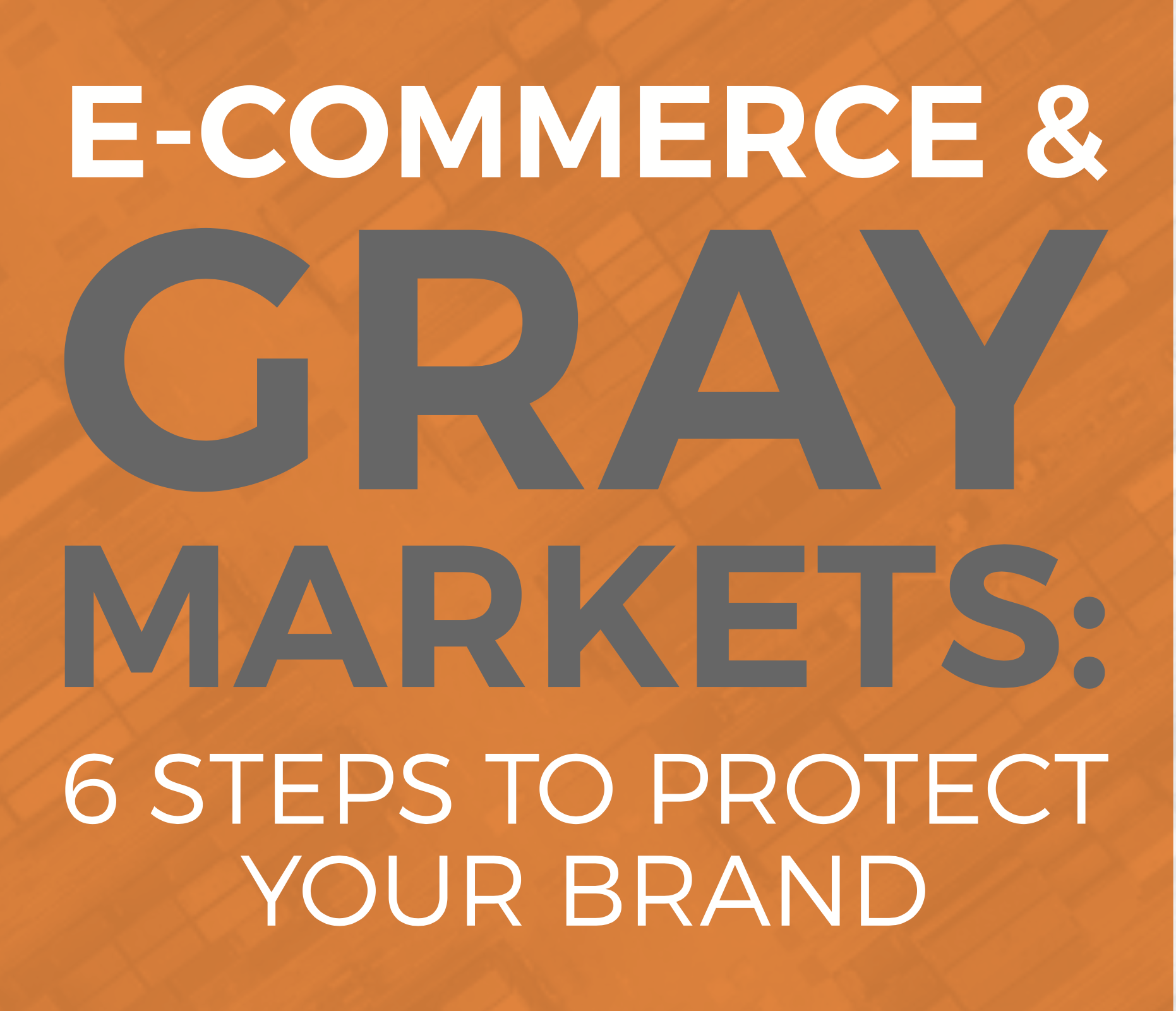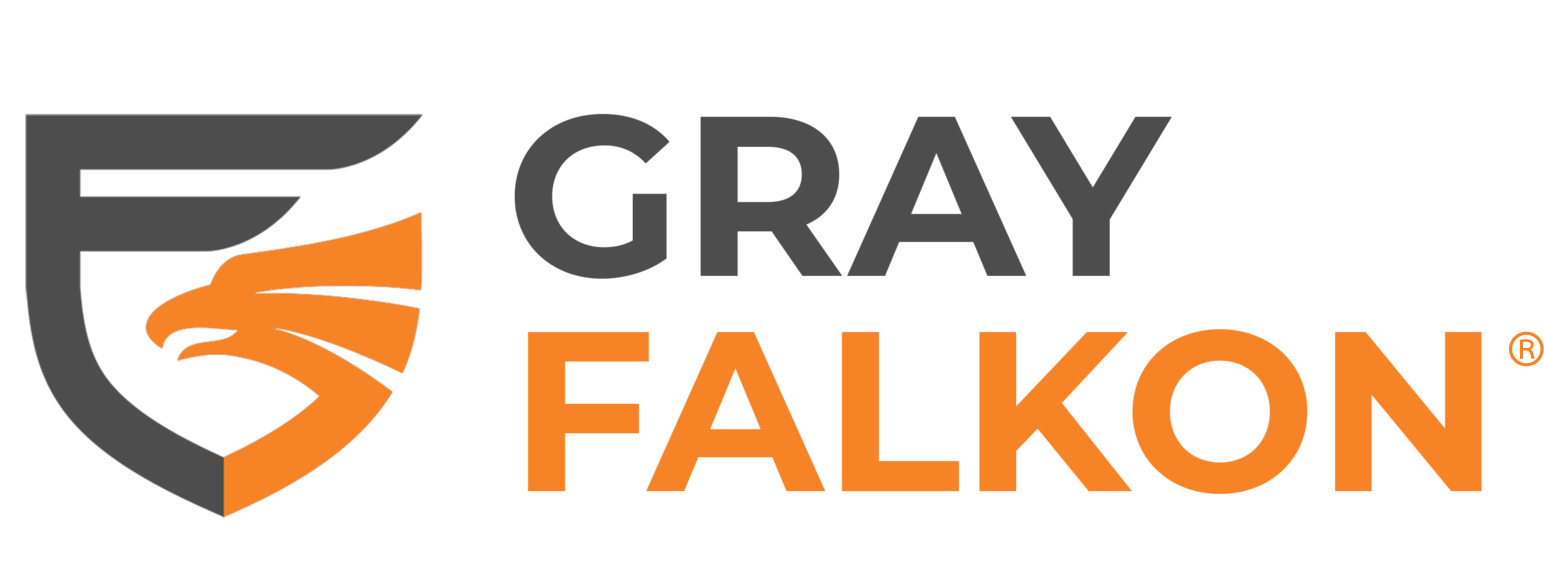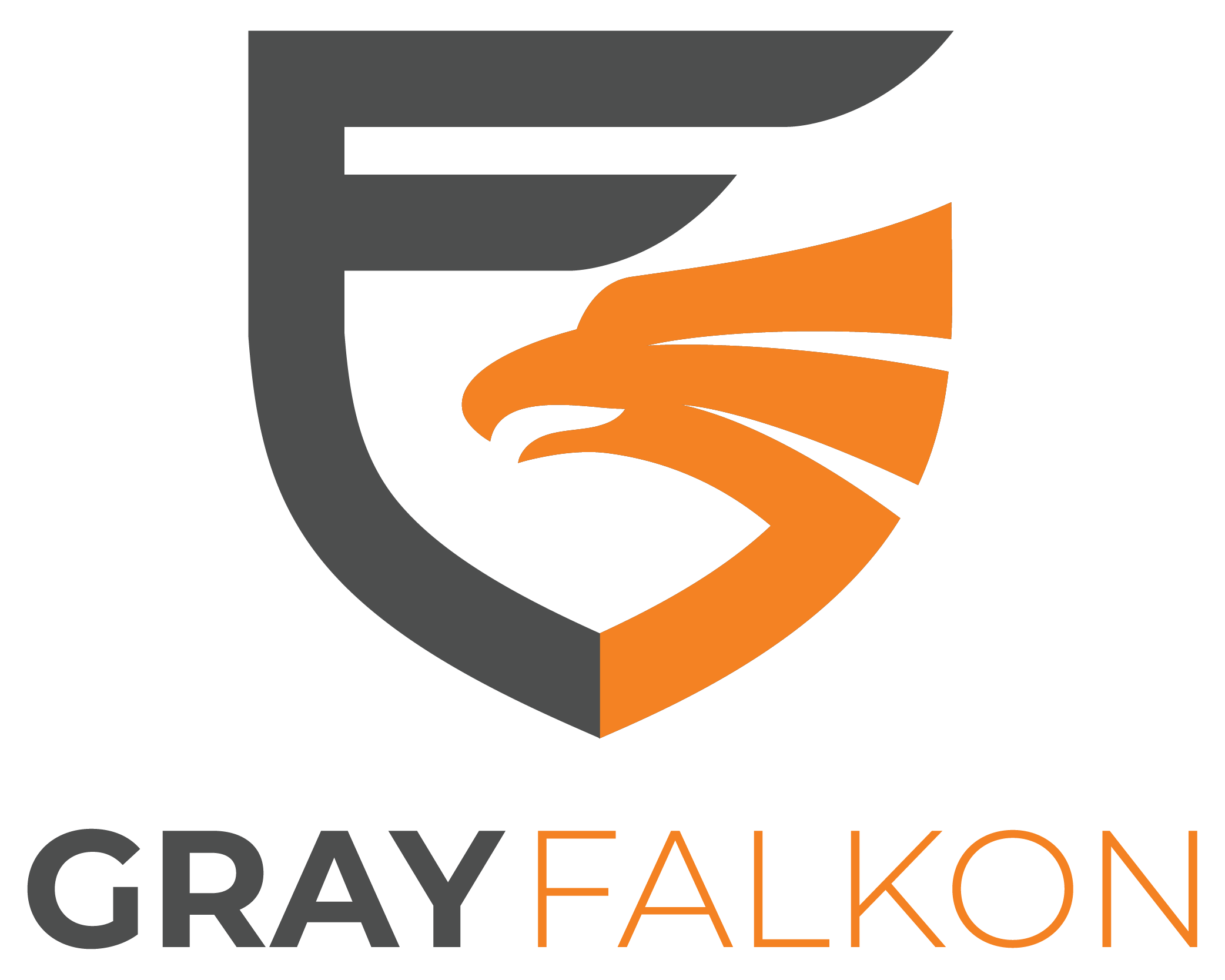
In the wake of recent tariff announcements, dubbed “Liberation Day” by President Trump, the eCommerce landscape is poised for significant upheaval. As brands grapple with the implications of these sweeping changes, one critical issue demands immediate attention: the need for robust brand protection against unauthorized sellers on platforms like Amazon and Walmart.
The Tariff Tsunami: A New Playing Field
According to recent Cleveland Research Company (CRC) research, the newly imposed tariffs are far more extensive and higher than initially anticipated. With weighted average tariffs on US imported goods jumping to an estimated 27.4% – the highest level since 1903 – the impact on the global supply chain and eCommerce ecosystem will be profound.
These tariffs aren’t just affecting goods from China. The research indicates that 60 countries are now subject to targeted reciprocal tariffs, with a minimum 10% tariff applying to the remaining countries. This broad-based approach creates a complex web of challenges for brands and retailers alike.
The Rise of Creative 3P Sellers
In this new landscape, we anticipate seeing a significant uptick in third-party (3P) sellers on platforms like Amazon and Walmart. These sellers, both domestic and international, are likely to become increasingly creative in their attempts to circumvent tariffs and undercut authorized sellers.
The elimination of the de minimis exemption, set to take effect on May 2, closes a significant loophole in import regulations. Previously, this exemption allowed goods valued under $800 to enter the United States tariff-free with minimal customs paperwork, particularly benefiting shipments from China and Hong Kong. Despite this crackdown, the resilience of unauthorized sellers suggests they will find new ways to circumvent these barriers, posing an ongoing threat to brand integrity and pricing strategies.
The International 3P Seller Conundrum
One might assume that the new tariffs would deter international third-party (3P) sellers, particularly those from countries facing high tariff rates. However, the reality is likely to be more complex. Nefarious international sellers may employ various tactics to continue their operations:
- Transshipment: Routing products through countries with lower tariff rates to obscure their origin.
- Mislabeling: Falsely declaring product categories or values to avoid higher tariff brackets.
- Drop-shipping: Utilizing domestic warehouses to appear as US-based sellers while sourcing products internationally.
These tactics not only undermine fair competition but also pose significant risks to brand reputation and customer trust.
The Amazon Factor: A Double-Edged Sword
Tariffs may actually benefit Amazon in some ways. By leveling the playing field with ultra-cheap competitors like Shein and Temu, Amazon could strengthen its position. However, this comes at a cost to consumers, as prices are likely to rise across the board.
For brands, this presents a complex challenge. While the competitive landscape may shift, the influx of unauthorized sellers looking to capitalize on price increases and supply chain disruptions could lead to a surge in counterfeit products and unauthorized sales.
The Imperative of Brand Protection
In this volatile environment, investing in robust brand protection strategies is more critical than ever. Here’s why:
- Maintaining Price Integrity: With tariffs driving up costs, unauthorized sellers may attempt to undercut official pricing, eroding brand value and disrupting authorized sales channels.
- Combating Counterfeits: As supply chains become more complex and opaque, the risk of counterfeit products entering the market increases significantly.
- Preserving Customer Trust: In a landscape where prices are rising, ensuring that customers receive genuine products from authorized sellers is crucial for maintaining brand loyalty.
- Navigating Compliance: With new tariff regulations in place, brands need to ensure that all sellers, including authorized ones, are complying with import laws and regulations.
- Protecting Market Share: As the eCommerce landscape shifts, brands need to be vigilant in protecting their market position against both unauthorized sellers and emerging competitors.
How Gray Falkon Protects Brands from Unauthorized Sellers
In this challenging environment, Gray Falkon stands at the forefront of brand protection, offering cutting-edge solutions to safeguard brands against unauthorized sellers. Our comprehensive approach includes:
- Advanced AI-Powered Monitoring: Our proprietary artificial intelligence technology continuously scans major eCommerce platforms, including Amazon and Walmart, to identify unauthorized sellers and potentially counterfeit listings in real-time.
- Seller Messaging at Scale: Gray Falkon’s technology automates seller engagement at scale, sending tailored messages directly to unauthorized third-party sellers, identifying threats, and tracking responses, all without manual intervention.
- Automation-Driven Violation Reporting: Our system automatically submits violations for infringing listings, significantly reducing the time and resources required to combat unauthorized sellers.
- Dedicated Brand Success Strategists: In addition to our AI-powered technology, Gray Falkon provides brands with dedicated Brand Success Strategists who develop custom brand protection strategies.
- Reporting and Analytics: Our Marketplace Brand Protection Portal provides brands with a clear picture of their eCommerce activity, including unauthorized seller impact and the effectiveness of brand protection measures.
- Data-Driven Insights: We provide brands with actionable intelligence on unauthorized seller activities and emerging trends, enabling proactive decision-making and strategy adjustments.
By leveraging Gray Falkon’s comprehensive brand protection services, companies can navigate the complexities of the new tariff landscape with confidence, ensuring their brand integrity remains intact and their market position secure.
Work With Us
The new tariff landscape presents both challenges and opportunities for brands selling on platforms like Amazon and Walmart. While the playing field may be leveling in some respects, the potential surge in unauthorized and creative 3P sellers makes brand protection more crucial than ever.
By taking proactive steps to protect their brand integrity, companies can navigate these turbulent waters, maintain customer trust, and emerge stronger in the evolving eCommerce ecosystem. In a world where sellers will find a way, brands must be equally innovative and vigilant in protecting their market position and reputation. By partnering with Gray Falkon, brands can stay ahead of the curve, effectively combating unauthorized sellers and maintaining their market integrity in these turbulent times.
Schedule a demo to learn more about how you can protect your brand.



